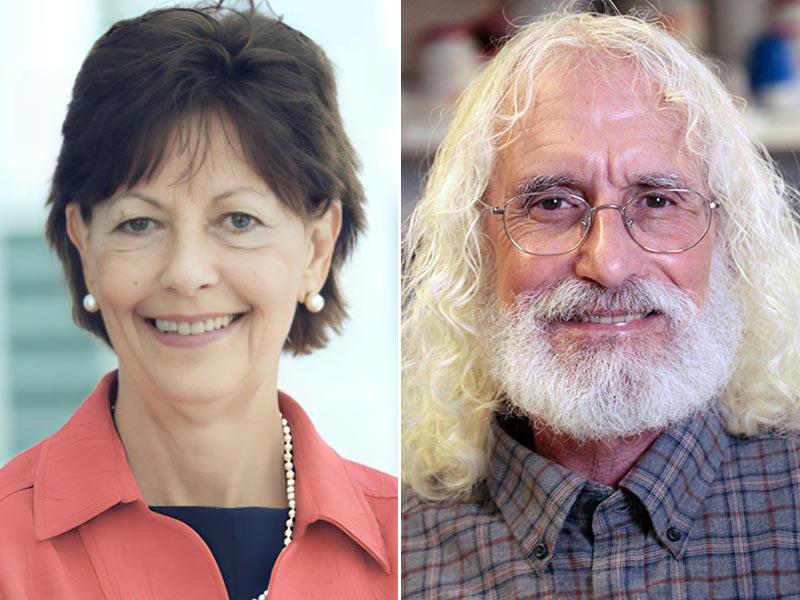AACR-ASCO joint session to explore latest strategies for detection, treatment of minimal residual disease
//
Estimated Read Time:
The American Association for Cancer Research will convene a special session with the American Society of Clinical Oncology (ASCO) during the Annual Meeting 2024 to address the latest advances in the detection and treatment of minimal residual disease (MRD) in cancer patients.
The session, Strategies for Detecting Minimal Residual Disease and How to Apply It in the Clinic, will be held on Monday from 4:45 – 6:15 p.m. PT in Ballroom 6 DE on the upper level of the San Diego Convention Center.

“During this session, we will look at the use of increasingly sensitive technologies to detect remaining resistant or dormant cancer cells as an indicator that patients may still have disease or may be relapsing and may benefit from additional treatment,” said ASCO President Lynn M. Schuchter, MD, University of Pennsylvania Perelman School of Medicine.
Schuchter will serve as co-chair for the session alongside AACR President Philip D. Greenberg, MD, FAACR, Fred Hutchinson Cancer Center.
“While MRD monitoring and detection is routine in patients with hematological malignancies, it is not used as much in solid tumors, so the main focus of this session will be on MRD in solid tumor oncology patients,” Schuchter said. “There are a number of different ways to detect MRD and we’ve invited an expert panel of speakers who will describe the different assays and technologies that are available or coming to the clinic, as well as discuss the limitations and potential pitfalls of these technologies.”
Panelists for the session are Luis A. Diaz Jr., MD, FAACR, Memorial Sloan Kettering Cancer Center; Maximilian Diehn, MD, PhD, Stanford University School of Medicine; and Angela M. DeMichele, MD, University of Pennsylvania Perelman School of Medicine.
“I believe it’s really important for AACR and ASCO to have these joint sessions that bring together the basic and translational scientists and the practicing oncologists to address the pressing needs that face our cancer patients,” Schuchter said. “It’s very much a two-way street in terms of learning and shared goals of investigation and, importantly, in reducing the time in developing clinically helpful, precise tests that can be used for our patients.”
The AACR/ASCO partnership includes the Methods in Clinical Cancer Research Workshop, scheduled for July 28-August 3, 2024, at the Hilton La Jolla Torrey Pines Resort in La Jolla, California. This intensive workshop focuses on the essentials of effective clinical trial designs of therapeutic interventions in the treatment of cancer. It is geared toward clinical fellows and junior faculty clinical researchers in all oncology subspecialties, including radiation, surgical oncology, and radiology.




